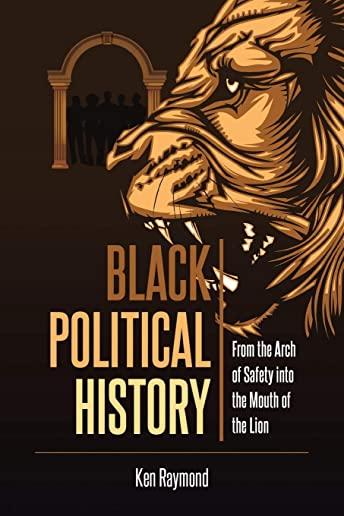
Boyer, Paul
product information
description
the founding of the first tribally controlled American Indian colleges in the late 1960s and early 1970s and follows their subsequent growth and development, especially in the 1980s and 1990s. Based on oral histories recorded over a twenty-year period, it documents the motivations of the movement's founders and the challenges they faced while establishing colleges on isolated and impoverished Indian reservations. Early leaders discuss the opposition they encountered from both Indians and non-Indians at a time when few people believed Indians could or should start their own colleges. The development of degree programs relevant to the practical needs of reservation communities, however, contributed to their eventual success despite such opposition. Continuing efforts to define and implement a culturally based philosophy of education are also discussed.
member goods
No member items were found under this heading.
Return Policy
All sales are final
Shipping
No special shipping considerations available.
Shipping fees determined at checkout.







